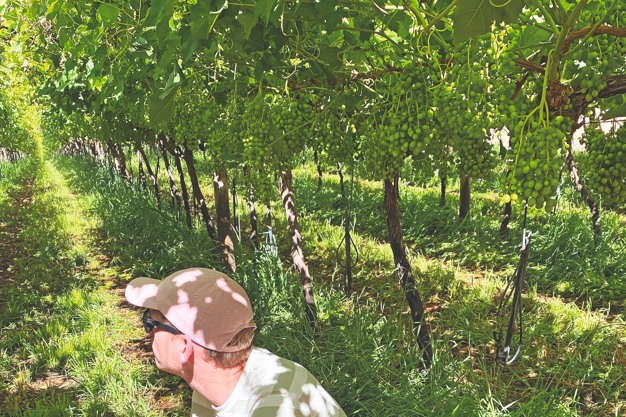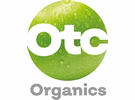"It seems everything was slightly delayed thanks to a late winter in South Africa. But temperatures there are now so good brix development is up to scratch, and the grapes are on schedule," Cornelis Ernst, Product Manager, and Wessel van Doesburg, Account Manager at OTC Organics, told us in mid-November last year. Harvesting has been in full swing since late November. The first white grapes had arrived, and this Dutch company expected its first colored organic grapes in Week 1.
Optimistic expectations
This season's outlook looks positive. "Conditions are good so far. We're hopeful and anticipate a good season, which is what growers need. Our growers and we are focused on the best (eating) quality," Wessel says, adding that higher quality also promotes turnover rates, an essential aspect for retailers.
"A higher turnover rate means retailers can settle for a lower margin because there's less waste. They're increasingly choosing that, which delights us." The share of organic products at supermarkets is also growing, positively affecting the fresh produce assortment. "The time when only longer-life organic products were offered is well and truly over," Wessel reckons.
Striving for year-round supply
OTC Organics currently offers organic grapes for around 45 weeks per year. Cornelis explains that projects are underway to extend the season. "We're constantly looking for new growing locations outside the Northern Cape in South Africa and countries like Peru, Chile, and Egypt," he says.

"Crops in different areas can reinforce each other. Having organic grapes on the shelf all year ultimately increases sales." A year-round supply would increase market opportunities, too. "When there's no organic supply, specialty stores often choose other fruit, while retailers switch to conventional grapes. A constant organic supply could prevent that," Cornelis explains.
Logistical challenges and improvements
In South Africa, logistics remain challenging. OTC Organics uses Maxtend containers with real-time temperature monitoring, but not all shipping companies can sail these containers. "Our biggest concern remains shipments." Still, there are improvements, such as the use of conventional reefer vessels in Cape Town.
"That alleviates the pressure," Cornelis points out. Power supply at South African ports is also better. With less load-shedding, generator use, solar panels, and stricter supervision of illegal tapping, conditions are more stable. He is optimistic. "After 12 years of importing from South Africa, logistical issues are noticeably better handled."
New Dutch warehouse
To be closer to production, OTC Organics relocated its warehouse in the Netherlands. "That has improved operational efficiency, and we can respond even better to market needs," Cornelis concludes.
 OTC Organics
OTC Organics
Eskimolaan 11
8252 AS Dronten
0885 880400
[email protected]
www.otcorganics.com










